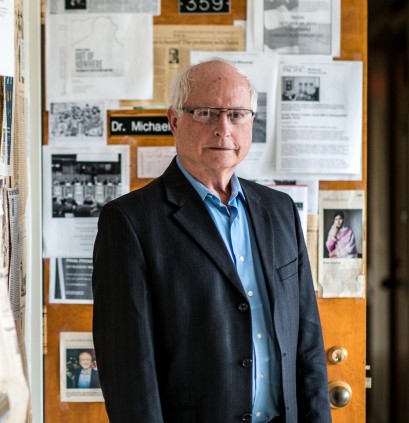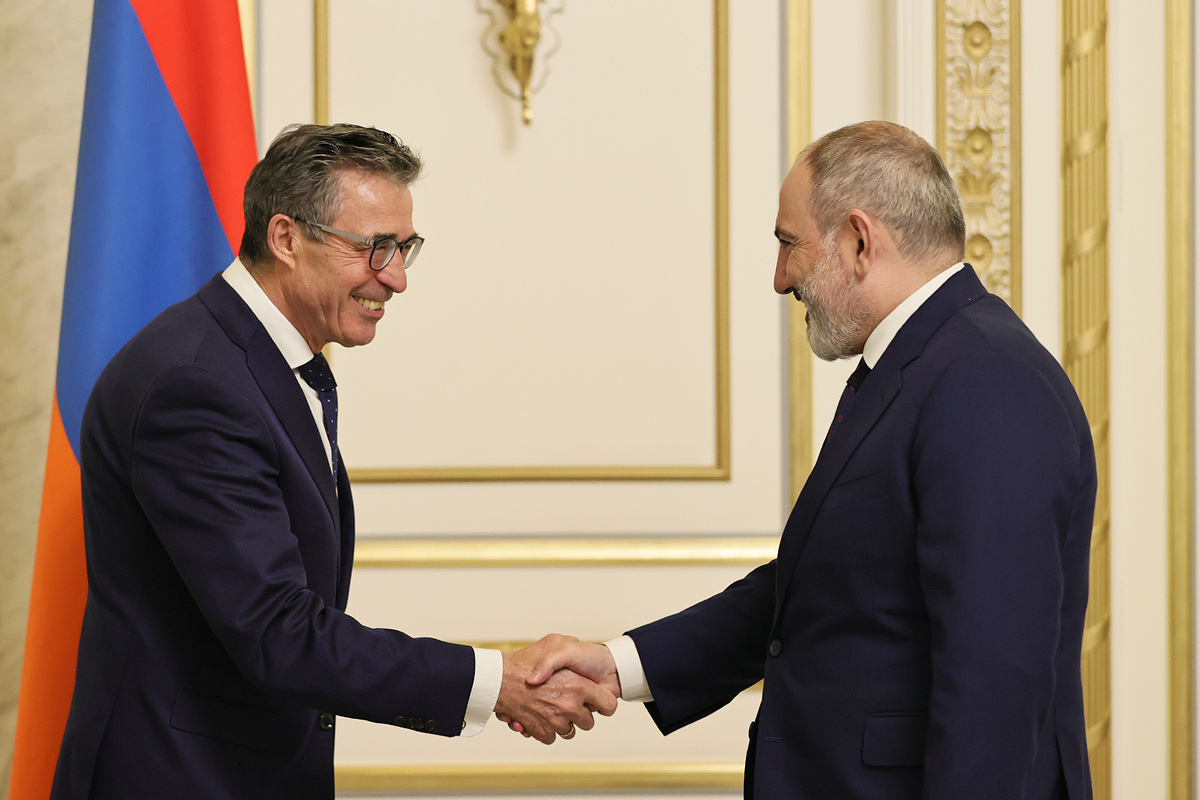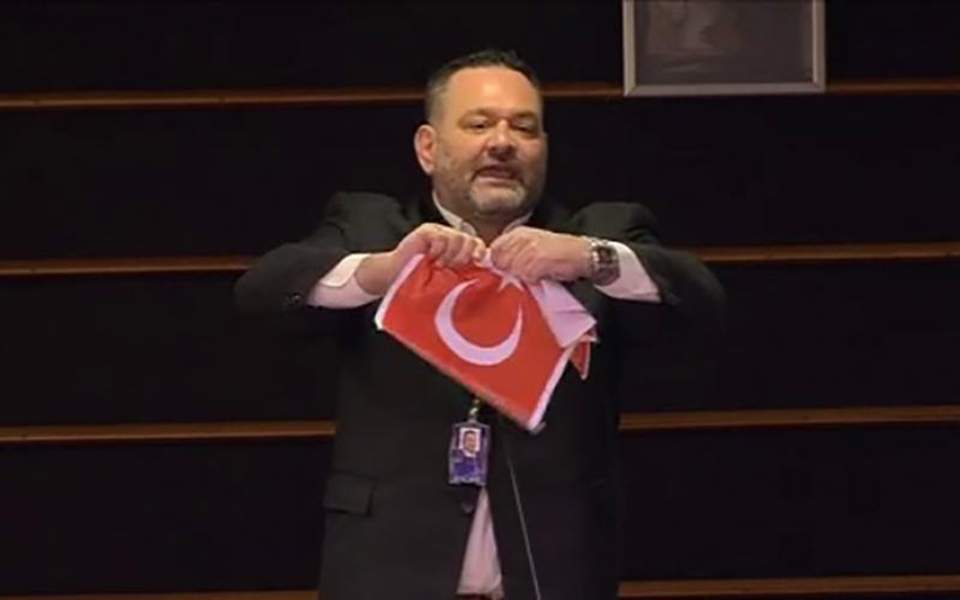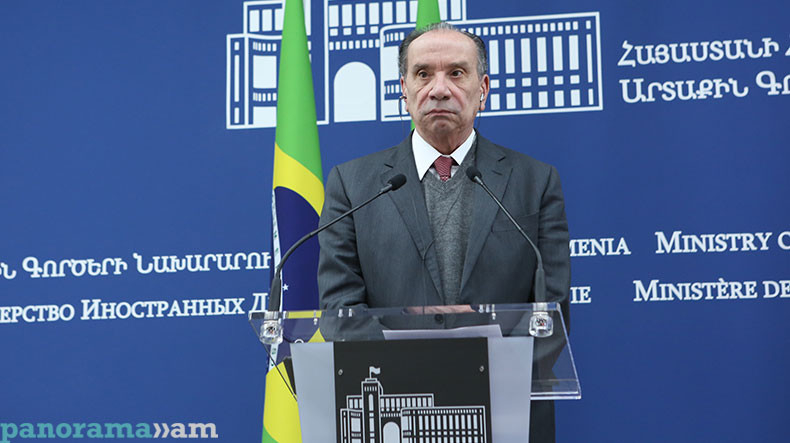When no progress was made towards the ratification of the Turkey-Armenia protocols in the parliaments of both countries, by making use of the Global Nuclear Security Conference held in Washington, Turkey had recommended to Armenia that Prime Minister Erdoğan and Armenian President Sarkisian should hold a meeting with the purpose to address all issues which were unable to be resolved. This meeting was held on April 12; the parties did not give any official explanation about the outcome of the discussions. This could be the result of not being able to come to an agreement concerning the issues they have discussed. Afterward, it has been understood that the parties have maintained their opposing stances and for this reason, have failed to come to an agreement; but, since they wish to resolve the existing problems, have agreed that their foreign ministers will continue to discuss these matters. Indeed, the attitudes of the parties towards the most important problems are completely in opposition towards each other. For the ratification of the protocols, Turkey wants an agreement on resolving the Karabakh conflict, or at least that an important step should be taken for this purpose. On the other hand, Armenia wants the ratification of the protocols without any preconditions. Moreover, President Sarkisian has expressed his disbelief that Turkey would play a positive role in resolving this conflict. Since 2005, Turkey has put forth that the 1915 events should be examined by scholars of both countries with the assistance of those from other states and by reviewing all relevant archives. Turkey also believes that the Sub-commission on the Historical Dimension mentioned in the Second Protocol will assume this role. On the other hand, Armenia has emphasized many times that they are not willing to discuss the “genocide truth”. Armenia wants this Sub-commission to discuss the “genocide results”, in other words, to examine subjects such as returning the properties of relocated Armenians and giving compensation. Eventually, as mentioned above, no progress has been achieved since the parties have not changed their stances during the meeting held on April 12; however, they have still agreed to continue the talks. Therefore, when the protocols will be ratified and when the Turkish border will open is not known yet. An interesting point worth mentioning is President Sarkisian visiting the grave of former US president Woodrow Wilson in Washington. Wilson has been president during the First World War and immediately after. With the Treaty of Sevres, he has determined the Ottoman territories to be given to Armenia. These territories are approximately 120.000 km2 and includes 15 provinces of present-day Turkey (Van, Ağrı, Kars, Artvin, Erzurum, Bingöl, Muş, Bitlis, Siirt, Erzincan, Gümüşhane, Bayburt, Trabzon, Rize and a part of Sivas). There is no doubt that this visit has pleased those having extremely radical views such as Dashnaks. However, where much efforts have been displayed for resolving the problems with Turkey and especially when the recognition of the existing border between the two countries have been confirmed with the First Protocol, it is certain that these kinds of gestures evoking Armenia’s land claims from Turkey does not help in the creation of mutual trust and confidence which is highly necessary for the ratification of the protocols. Moreover, the Armenian President holding a private meeting in the US with the notable members of the Dashnak Party who criticizes him the most and who had withdrawn from the government coalition because of the protocols, shows that President Sarkisian has started to approach the subject of the protocols from the angle of Armenia’s internal politics. On the other hand, it could be understood that the meeting held between Prime Minister Erdoğan and President Obama has been quite positive. The US President using the word “genocide” in his speech to be delivered in his April 24th message is not very much a possibility anymore. There is also no one mentioning that the draft resolution foreseeing the recognition of the genocide allegations adopted in the Committee on Foreign Affairs of the US House of Representatives will be taken to the agenda of the House. Moreover, Turkey’s efforts to convince the members of the Minsk Group, especially the US, for resolving the Karabakh conflict as soon as possible draws attention. Turkey is attempting to link the process of ratification of the protocols to the process of solving the Karabakh conflict and this way, maintains the initiative. On the other hand, by insisting on ratifying the protocols without any preconditions, Armenia is pursuing a policy which is not flexible. In conclusion, the normalization process of Turkey-Armenia relations is continuing despite Armenia’s stance and some inevitable delays.
© 2009-2024 Center for Eurasian Studies (AVİM) All Rights Reserved
DRAFT RESOLUTION ON “GENOCIDE” IN THE US SENATE (II)
 M.M. GUNTER’S ANALYSIS OF “THE THIRTY-YEAR GENOCIDE” BOOK BY B. MORRIS AND D. ZE’EVI
M.M. GUNTER’S ANALYSIS OF “THE THIRTY-YEAR GENOCIDE” BOOK BY B. MORRIS AND D. ZE’EVI
 FORMER NATO SECRETARY GENERAL RASMUSSEN AND ARMENIA'S GAME PLAN
FORMER NATO SECRETARY GENERAL RASMUSSEN AND ARMENIA'S GAME PLAN
 WATS AND THE TRIUMPH OF THE POLITICAL OVER THE SCIENTIFIC
WATS AND THE TRIUMPH OF THE POLITICAL OVER THE SCIENTIFIC
 TIME FOR THE EUROPEAN PARLIAMENT TO DECIDE ON THE IMMUNITY OF NEO-NAZI GREEK MEP
TIME FOR THE EUROPEAN PARLIAMENT TO DECIDE ON THE IMMUNITY OF NEO-NAZI GREEK MEP
 THE BRAZILIAN MINISTER OF FOREIGN AFFAIRS HAS DISAPPOINTED ARMENIA
THE BRAZILIAN MINISTER OF FOREIGN AFFAIRS HAS DISAPPOINTED ARMENIA































